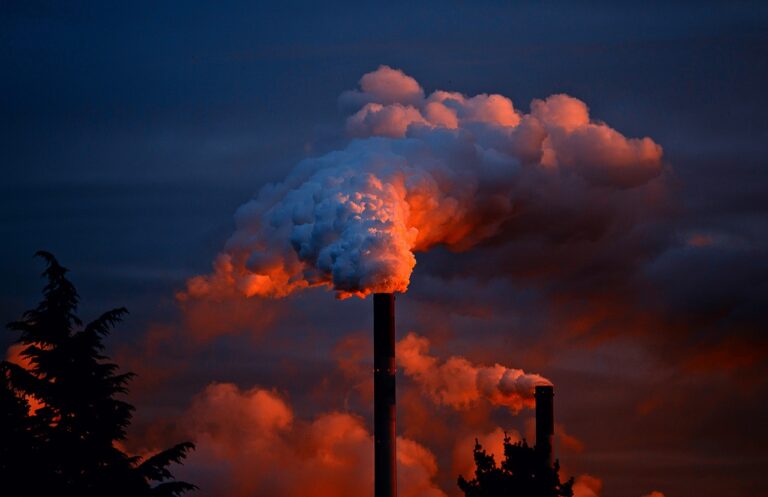It’s simple to overlook how much more polluted the globe is now than it was prior to the COVID-19 pandemic. Despite our best efforts to reduce our carbon footprint, the reality is that we are still emitting more greenhouse gases into the atmosphere than ever before.
This has contributed to a rise in global temperatures, which in turn has led to more extreme weather events and a decline in biodiversity. It is essential to remember that, in addition to dealing with the pandemic, we also need to combat climate change.
Reducing our reliance on fossil fuels, investing in renewable energy, and protecting natural habitats are all crucial steps we must take to create a sustainable future for all.
Table of Contents
What are the causes why world pollution is higher than in pre-pandemic times
First and foremost, the pandemic has resulted in a dramatic increase in the use of disposable personal protective equipment or PPE. This has included an increase in the use of face masks, gloves, and medical gowns.
In addition, the pandemic has resulted in a significant decrease in recycling rates. This is due to the fact that many people are now working from home and have less access to recycling facilities. Furthermore, many businesses have closed their doors permanently, which has also decreased recycling rates.
Lastly, the pandemic has caused a dramatic increase in the amount of food waste. This is due to the fact that people are cooking at home more often and are buying more groceries than they normally would. The quantity of food being thrown away has increased as a result.
These are just some of the ways in which the pandemic has increased pollution levels. It is important to be aware of these issues so that we can take steps to reduce our impact on the environment.
The UN warns about pollution being higher than pre-pandemic levels
The United Nations has warned that pollution levels are rising to pre-pandemic levels and has urged countries to take action to reduce air pollution. This is a serious issue to consider as it can lead to major consequences, according to the UN.
Air pollution is a major problem for public health and has been connected to a number of health problems, such as heart disease and pulmonary conditions, and cancer. The World Health Organization claims that air pollution causes around 7 million deaths annually.
The UN says that air pollution levels began to rise in 2020 after a period of decline during the pandemic. The increase is being fueled by several sources, including the return of industrial activity and increased use of vehicles as people return to work.
The UN has urged countries to take action to reduce air pollution. It includes improvement of public transport and promoting the use of cleaner fuels. It also called on countries to invest in clean energy and cut emissions from industry.
The UN’s warning comes as a new report finds that air pollution costs the world economy trillions of dollars each year. The Global Commission on the Economy and Climate report found that air pollution is responsible for around 3.5% of global GDP, or around US$2.7 trillion.
The report says that air pollution imposes huge costs on society, including health care costs, productivity losses, and premature deaths. It says that action to reduce air pollution would have significant economic benefits, and could create millions of new jobs.
The report’s authors say that air pollution is a “hidden killer” that is often overlooked in discussions of the economy and climate change. They say that tackling air pollution should be a key priority for governments around the world.
What steps can be taken to reduce pollution levels
1. Advocate for local, state, and national green policies;
2. support businesses that are committed to sustainable practices;
3. educate others about reducing pollution and its impact on human health and the environment;
4. reduce your consumption of goods and energy, and try alternatives;
5. recycle and compost as much as possible;
6. buy environmentally friendly products, and promote their usage.
We can all take steps to reduce pollution levels and protect our environment. Apart from that, we can make a difference by advocating for green policies and supporting sustainable businesses.
We can also educate others about the importance of reducing pollution. Every small step makes a difference, so let’s work together to create a cleaner, healthier world for future generations.












